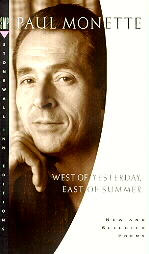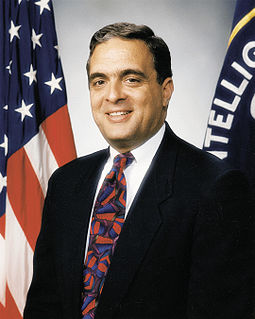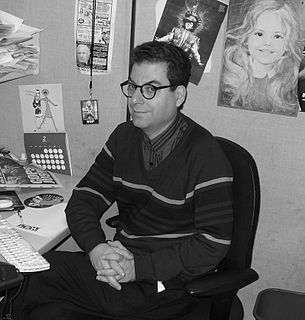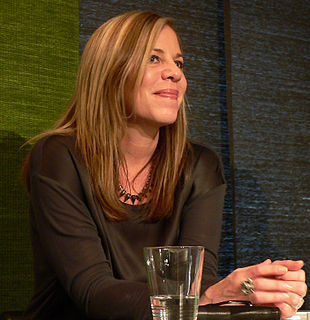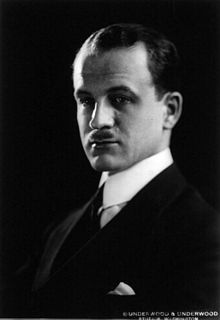A Quote by W. Somerset Maugham
Anyone can tell the truth, but only very few of us can make epigrams.
Related Quotes
Don't let anyone tell you that the truth can't disappear. If I believe in anything, rather than God, is that I am part of something that goes all the way back to Antigone, and that whatever speaks the truth of our hearts can only make us stronger. Can only give us the power to counter the hate and bigotry and heal this addled world. Just remember: You are not alone.
No, I don't do drugs anymore, either. But I'll tell you something about drugs. I used to do drugs, but I'll tell you something honestly about drugs, honestly, and I know it's not a very popular idea, you don't hear it very often anymore, but it is the truth: I had a great time doing drugs. Sorry. Never murdered anyone, never robbed anyone, never raped anyone, never beat anyone, never lost a job, a car, a house, a wife or kids, laughed my ass off, and went about my day.
Most of us avoid telling the truth because it's uncomfortable. We're afraid of the consequences-making others feel uncomfortable, hurting their feelings or risking their anger. And yet, when we don't tell the truth, and others don't tell us the truth, we can't deal with matters from a basis in reality.
There's nothing wrong with celebrating the good things in our past. But memories, like witnesses, do not always tell the truth, the whole truth, and nothing but the truth. We need to cross-examine them, recognizing and accepting the inconsistencies and gaps in those that make us proud and happy as well as those that cause us pain.
The point I would make is that the novelist and the historian are seeking the same thing: the truth – not a different truth: the same truth – only they reach it, or try to reach it, by different routes. Whether the event took place in a world now gone to dust, preserved by documents and evaluated by scholarship, or in the imagination, preserved by memory and distilled by the creative process, they both want to tell us how it was: to re-create it, by their separate methods, and make it live again in the world around them.
There are few of us so blind as not to realize that unless the moral force of religious conviction impels, the goal of truth and lasting international cooperation cannot be attained; there are few of us who do not appreciate the vital truth of the words, "If God does not build the house, those who build it build in vain."
Sometimes I don't tell the truth, which is telling the truth about not telling the truth. I think people don't tell the truth when they're afraid that something bad's going to happen if they tell the truth. I say things all the time that I could really get into trouble for, but they kind of blow over.

